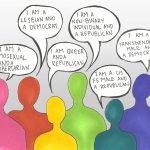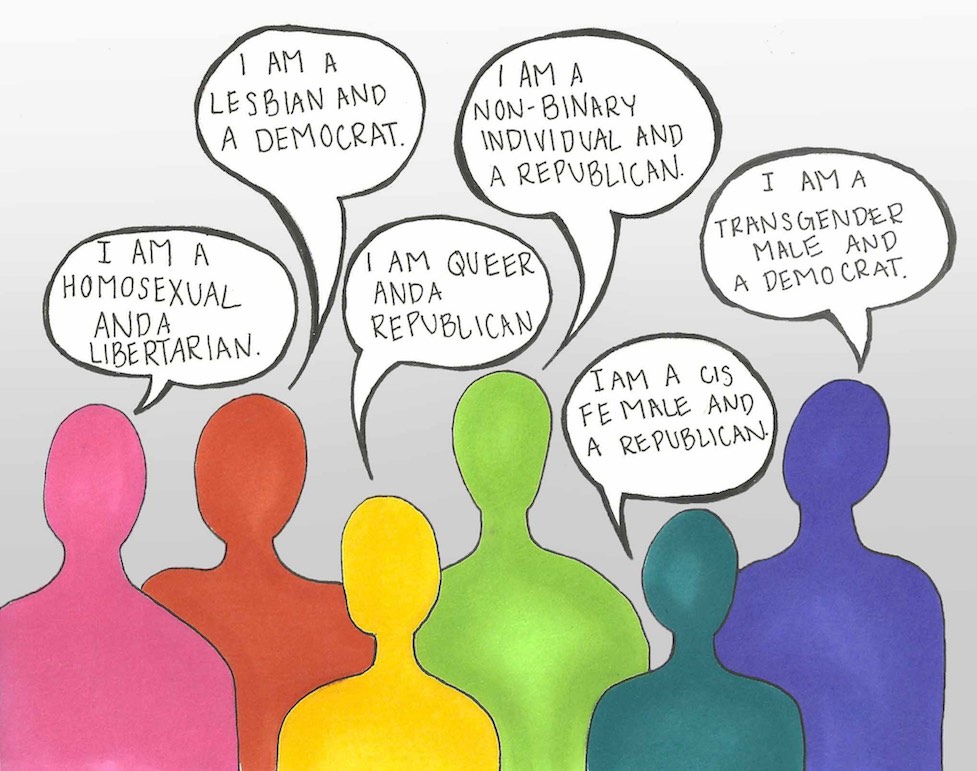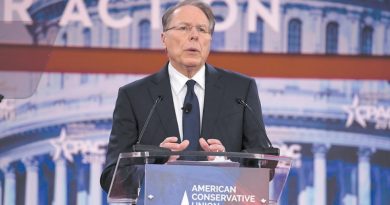Opinion: More than marriage: How political diversity makes the LGBT community stronger
From a queer perspective, this election cycle has once again crystallized the majority opinion of lesbian, gay, bisexual and transgender individuals everywhere. In every LGBT publication, a massive outpouring of left-leaning ideologies and support for Democratic candidate Hillary Clinton can hardly be avoided. The only publication that has given any significant spotlight to the contrary was the LGBT lifestyle and fashion magazine OUT, which interviewed cultural libertarian and columnist for Breitbart News, Milo Yiannopoulos, and featured an article examining the small fraction of LGBT individuals who support the Republican candidate, Donald Trump. While it is expected for the LGBT community to uphold more liberal political opinions, it is concerning that an entire community has become an echo chamber for one particular brand of thought, and that there is a lack of representation for the most important diversity: diversity of opinion and belief.
Ever since the Stonewall riots in 1969, which spearheaded the modern LGBT rights movement and the subsequent formation of LGBT rights organizations, Democrats in America and other left-leaning parties around the world have appealed to the call for equal rights for LGBT individuals. Since last year, LGBT individuals in the United States have the right to marry and half of states have non-discrimination laws protecting them from being fired or being evicted due to their sexual/gender identity. Despite support from the political left and the overwhelmingly liberal majority in the LGBT community, however, there are many LGBT folks who feel as if they are a minority within a minority, who hold different political opinions than what the majority of the community seems to hold. Despite the friction that these individuals feel from their friends and family, organizations such as the Log Cabin Republicans, Libertarians, Pink Pistols and other groups rise out of the majority opinion and offer what little political diversity the LGBT community expresses. The Log Cabin Republicans are a fragment of the Republican party that are socially liberal towards LGBT rights and strive to have their voices heard in a socially conservative party. The Libertarian party, although smaller than the major two parties, has also been a longtime advocate of LGBT rights, and focuses on reducing our government’s pervasiveness-both socially and economically. Pink Pistols are one of many Second Amendment activist groups that seek to protect gun rights. The Pink Pistols specifically focus on creating a pro-gun attitude in the LGBT community and training LGBT individuals how to properly use firearms for self-defense. Gun ownership amongst LGBT individuals spiked after the deadly terrorist attack on “Pulse”, an Orlando-based gay nightclub. Although most LGBT individuals feel wary about guns or approve of further restricting firearm access, an increasing number of LGBT individuals believe that preserving these rights are imperative to their safety. All of these groups represent LGBT voices that do not fall in line with the liberal majority, and are often underrepresented as a whole.
It is especially problematic that such a large community has such little representation of alternative opinions or voices, or that alternative opinions are unwelcome. Such a space can create a toxic environment that excludes a large portion of disadvantaged people and can emulate the beliefs and behaviors of its oppressors. If the LGBT community wishes to create an open environment for all, it should be open to all opinions, ideas and thought, even if it doesn’t match the majority opinion or status quo. Otherwise, the community can neither claim to stand for the rights of LGBT individuals everywhere nor rise above the practices of discrimination that its enemies use against it







